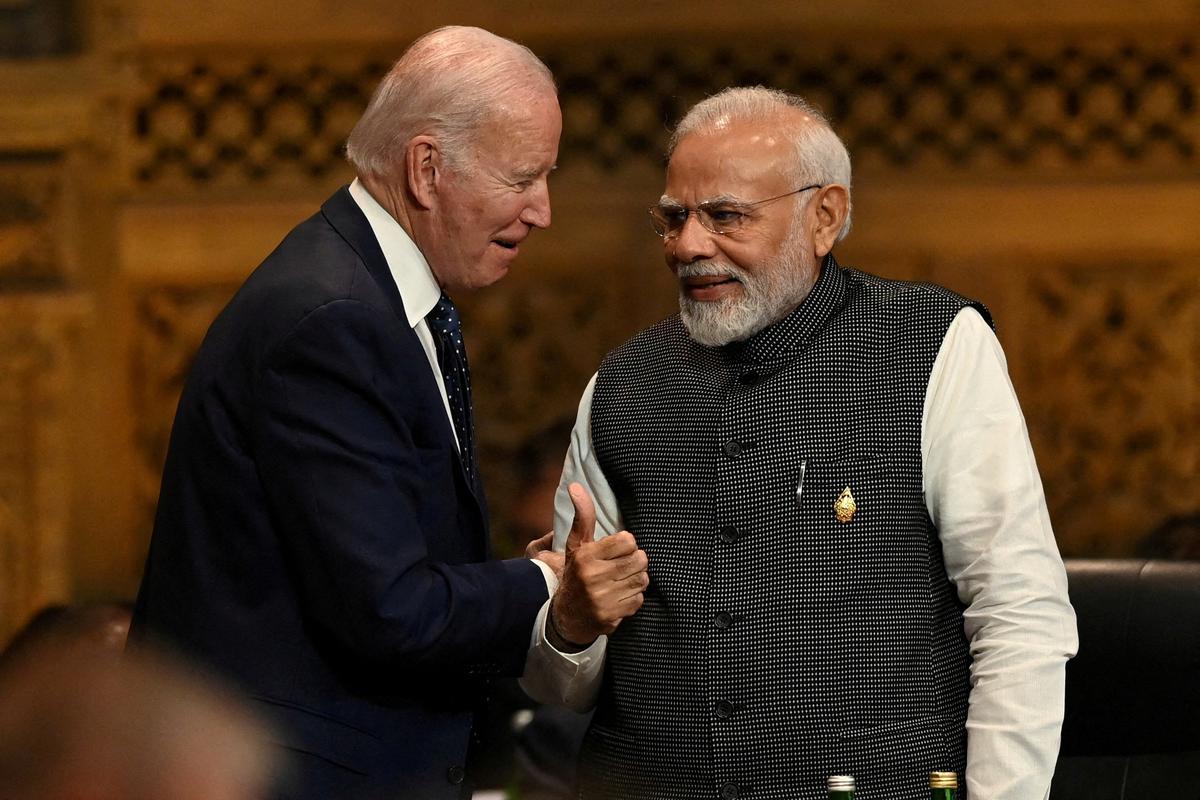
Washington: In a boost to India’s defence, the United States (US) Congress has said it has no objection to the Joe Biden administration’s decision to pursue the GE jet engine deal with India, paving the way for the implementation of the company’s agreement with the Hindustan Aeronautics Limited (HAL) that includes unprecedented technology transfer, manufacturing of jet engines in India and licensing arrangements.
Media reports quoting sources on Capitol Hill, the home of the US Congress, said, “It is all clear from the legislative end. The sale was approved before Prime Minister Narendra Modi’s visit itself. But, as per the process, the state department notified the House and Senate foreign relations committee on July 28.” If, for 30 days after the notification, no Congressional representative or Senator objects, it is treated as assent. “There has been no objection. The administration can go ahead with the next steps,” the source said.
During President Biden’s visit to India for the G20 summit in September, both countries are expected to discuss the next steps in taking forward the deal. Without confirming the status of the Congressional process, a senior administration official said: “I don’t want to steal any of the thunder of our meetings. We are working towards and expecting the necessary steps on both sides to be able to move forward on this historic agreement.”
The state department refused to comment on the matter. A spokesperson said, “We are restricted from publicly commenting on the details of commercial defence trade licensing activities.“
On June 22, the day of Prime Minister Narendra’s Modi’s historic state visit to Washington DC where he was accorded a ceremonial welcome in the White House before extensive bilateral talks and a state dinner, GE Aerospace and HAL signed a memorandum of understanding to produce F-414 jet engines in India for the under-development light combat aircraft (LCA) Tejas MK-2.
The deal is significant because the US treats jet engine technology as a “crown jewel” and hasn’t shared similar tech with even its closest allies. For its part, India has lagged in jet engine technology, a gap that the agreement can bridge, helping bolster both India’s aerial power, especially in the context of the fragile situation with China at the Line of Actual Control, and its ambition of building a domestic defence industrial base. US administration officials have acknowledged that the GE deal could be a model going forward, as it helps address India’s concerns over tech transfer and co-production and fits in with American hopes of integrating the defence ecosystems and platforms of both countries more closely.
The deal will involve 80% transfer of technology (ToT) and is estimated to be worth around $1 billion. The production of the engines will result in the new fighter jet having an indigenous content of around 75% compared to 55%-60% in Tejas MK-1A and 50% in the existing variants.








